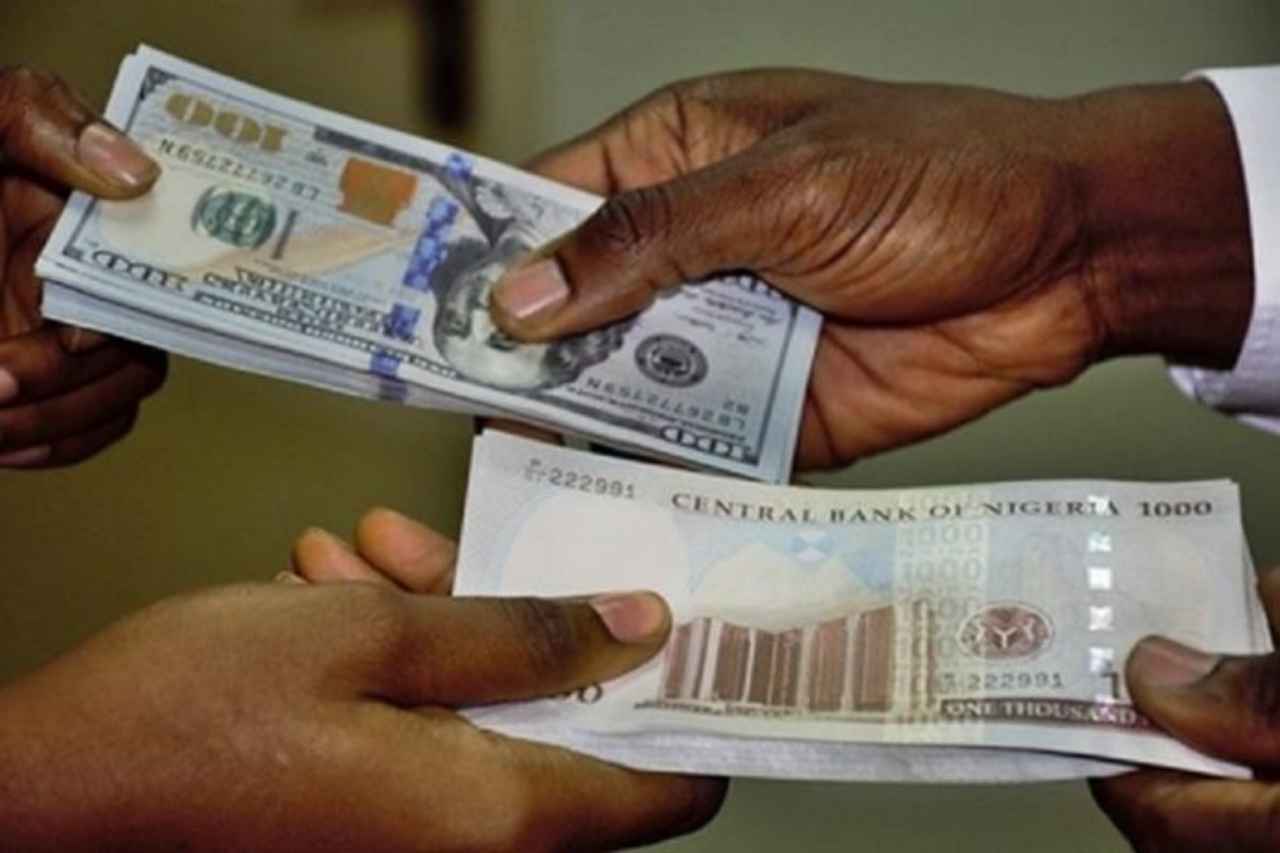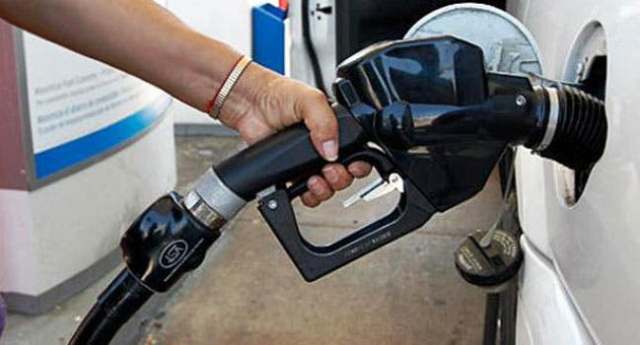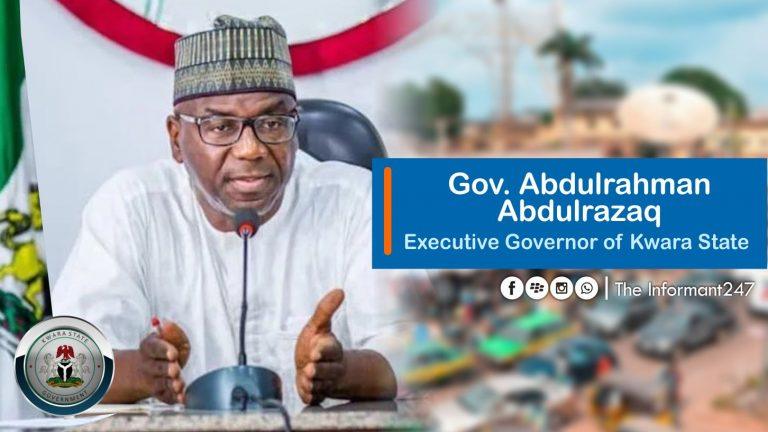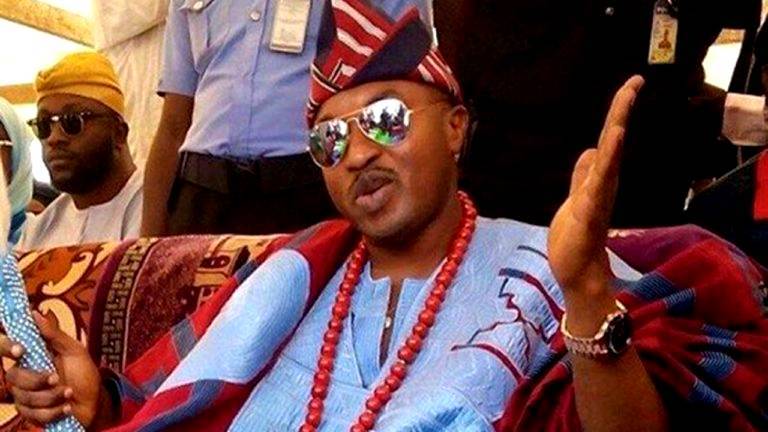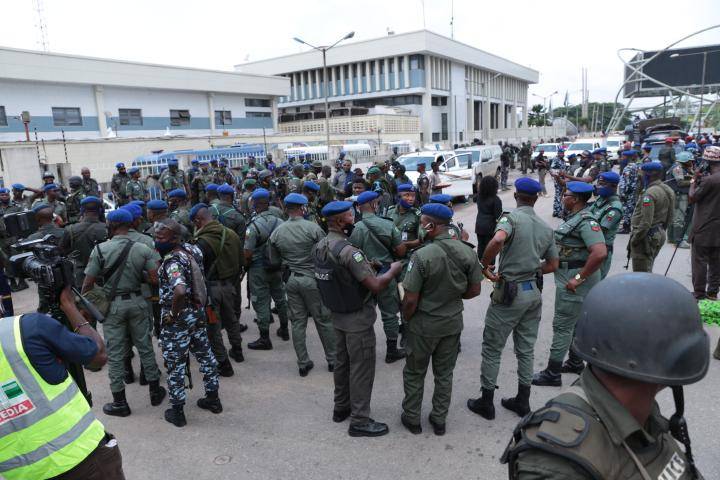Dollar to Naira Black Market Rate Today, Tuesday, October 31st, 2023
The parallel market, often referred to as the black market, is currently witnessing a significant exchange rate for U.S. dollars to Nigerian naira.
On this Tuesday, October 31st, 2023, we provide you with the black market rate for the dollar-to-naira conversion. You can now exchange your dollars to naira at the following rate.
Dollar to Naira black market rate today, Tuesday, October 31st, 2023
| Dollar to Naira (USD to NGN) | Black Market Exchange Rate Today |
| Selling Rate | 1,150 |
| Buying Rate | 1,175 |
It’s essential to note that the Central Bank of Nigeria (CBN) does not endorse or acknowledge the parallel market (black market).
The CBN advises anyone seeking foreign exchange services to first contact their local banks.
Keep in mind that the black market exchange rate consistently differs from the official CBN rate.
Dollar to Naira Rate for Past 7 Days
| Date | Buy | Sell |
| October 30, 2023 | 1160 | 1145 |
| October 29, 2023 | 1160 | 1145 |
| October 28, 2023 | 1165 | 1145 |
| October 27, 2023 | 1200 | 1170 |
| October 26, 2023 | 1290 | 1280 |
| October 25, 2023 | 1305 | 1280 |
| October 24, 2023 | 1305 | 1280 |
Naira Devaluation and the Black Market Boom: Understanding the High Dollar to Naira Rate
The Nigerian naira is experiencing a continuous devaluation in the black market, the unofficial and often illegal platform where foreign currency trading occurs.
Reports indicate that as of today, the black market rate for the U.S. dollar to the Nigerian naira ranges from 1100 NGN to 1300 NGN. These rates can vary depending on the location and the source of supply.
This rate in the black market significantly surpasses the official exchange rate set by the Central Bank of Nigeria (CBN), currently standing at 786.48 NGN per dollar.
The CBN is grappling with the challenge of stabilizing the naira as foreign reserves dwindle, oil prices remain low, inflation skyrockets, and the economy grapples with the consequences of the global pandemic.
To mitigate the demand for dollars and alleviate pressure on the naira, the CBN has implemented several measures, including restricting access to foreign exchange for select imports, imposing sanctions on banks and dealers found to be in violation, and introducing a digital currency known as e-naira.
Despite these measures, there hasn’t been an effective reduction in the gap between the official and black market rates. Many Nigerians still opt to purchase dollars through the black market due to its accessibility and convenience.
Experts have suggested that the CBN should devalue the naira to align it with its true market worth, thereby minimizing incentives for speculation and arbitrage.
They’ve also proposed a more flexible exchange rate system allowing market forces to determine the naira’s value. Nevertheless, the CBN remains resistant to these suggestions, arguing that devaluation could exacerbate inflation and poverty.
The soaring black market rate for the dollar to naira has adverse consequences for the Nigerian economy and its citizens. It raises the cost of imports and fuels inflation, which reached 18.3% in September 2023.
Furthermore, it erodes the spending power and savings of Nigerians who earn in naira but incur dollar-based expenses. This situation also deters foreign investments and tourism, both essential sources of foreign exchange for the nation.
Given the current economic conditions and external factors such as rising U.S. interest rates, global trade tensions, and geopolitical uncertainties, the dollar to naira black market rate is anticipated to remain volatile and unpredictable.
As such, Nigerians are advised to exercise caution and prudence in their foreign exchange transactions while seeking reliable and legal sources of information and currency exchange.

